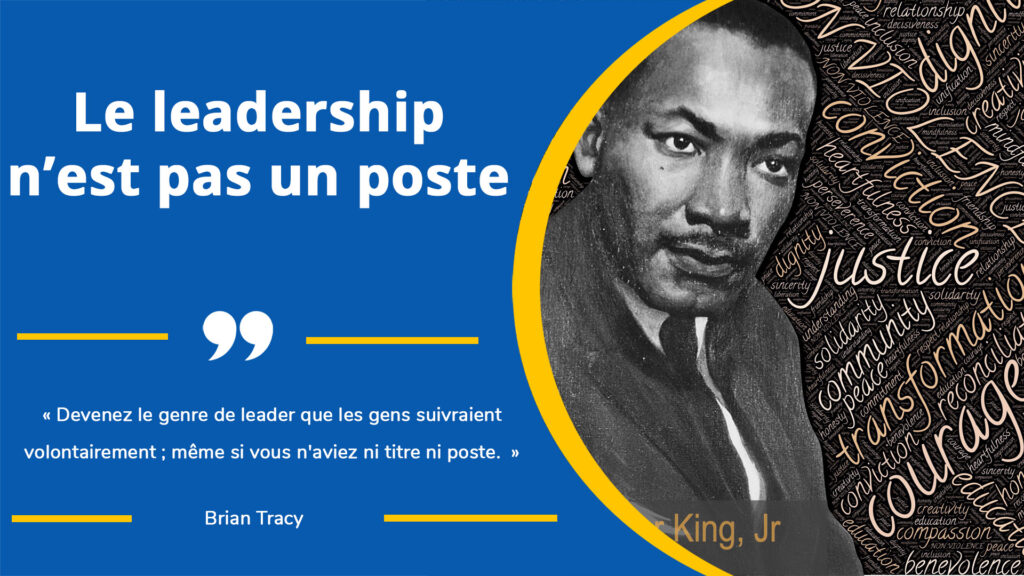In the realm of leadership, the dynamics between power and authority play a fundamental role in how leaders inspire and influence their teams. Understanding this interaction is essential for developing an effective and respected leadership style. Power, often perceived as a form of control, can be transformed into a positive force when associated with legitimate authority. Successful leaders are those who know how to combine these two elements, cultivating an environment where influence is accepted and sought after, thereby promoting collective success.
|
IN BRIEF
|
In the world of leadership, the notion of power and authority unfolds as a dynamic duo that is often misunderstood. Far from being limited to simple distinctions, these two elements interact in a complex manner to shape relationships and performances within organizations. This article will explore the different facets of power and authority, while highlighting their crucial importance for effective leadership.
Understanding Power in Leadership
Power is often perceived as the ability to influence, control, or direct the actions of others. In a professional context, it can take various forms, whether hierarchical power, competence power, or charismatic power. A leader who knows how to harness these different facets of power can maximize their impact and inspire their teams.
Hierarchical Power
Hierarchical power refers to the formal authority conferred by the organizational structure. This means a leader has certain legitimacy to make decisions due to their position within the company’s hierarchy. While this kind of power can be very effective, it can also have its limits, especially if the leader relies solely on this authority.
Charisma Power
Charismatic power, on the other hand, emanates from the leader’s personality. A charismatic leader can create a strong emotional connection with their collaborators, leading to deeper engagement. This type of power relies on the ability to inspire trust and admiration, which are vital elements for strengthening authority.
Authority: More than Just Hierarchy
Authority holds a more nuanced dimension. It is not limited to hierarchy, but also depends on the recognition and respect accorded to the leader by their collaborators. Authority is often earned through competency, relational skills, and clear communication. Leaders who cultivate this authority create an environment conducive to collaboration and creativity.
The Three Pillars of Authority
The concept of authority can be broken down into three fundamental pillars. The first is natural authority, which emerges from the leader’s personality and values. The second, competence authority, results from expertise and experience. Lastly, legitimacy authority is related to the formal recognition of the leader’s position. Together, these pillars reinforce not only the authority but also the power of the leader in their role.
Interconnection between Power and Authority
To truly understand leadership, it is crucial to explore how power and authority intertwine. An effective leader knows how to juggle these two concepts, using their power to establish legitimacy while reinforcing their authority through authentic communication. Thus, influence is not only accepted but also sought by team members, creating a harmonious work environment.
Today’s Leadership: Towards a New Approach
In a constantly evolving world, the dynamics between power and authority are being redefined. The rise of executive coaching illustrates how modern leaders seek to optimize their impact while cultivating authentic relationships with their teams. This approach prioritizes inclusivity, listening, and cross-functionality, paving the way for collective leadership where every voice counts.
Conclusion: The Future of Leadership
In an era of constant change, the art of maneuvering between power and authority will be crucial for the leadership of tomorrow. By integrating human and relational elements, future leaders will truly be able to inspire, engage, and transform their organizations. To delve deeper into this topic, feel free to consult resources such as this link on executive coaching, which outlines the keys to effective leadership, or explore this site that discusses the future of leadership.











